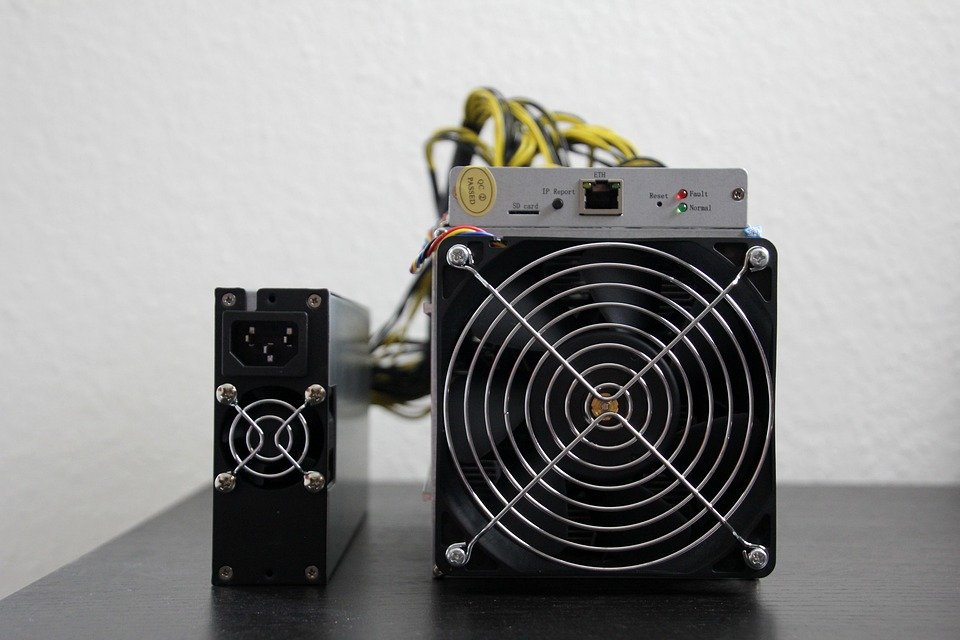Smart contracts are quickly gaining popularity in the world of blockchain technology for their ability to efficiently and securely facilitate transactions without the need for intermediaries. By automating the execution of contracts and agreements, smart contracts not only save time and reduce costs but also eliminate the risk of human error, fraud, and manipulation. In essence, smart contracts are self-executing contracts with the terms of the agreement written into lines of code.
One of the key benefits of smart contracts is their security. Because they are stored on a decentralized blockchain network, smart contracts are immutable and tamper-proof. Once a smart contract is deployed, it cannot be altered or manipulated, ensuring that all parties involved in the transaction can trust the integrity of the agreement. This level of security is particularly important in industries where trust is crucial, such as finance, healthcare, and real estate.
In addition to security, smart contracts offer unparalleled efficiency. By automating the execution of contracts, smart contracts streamline the process of creating, verifying, and enforcing agreements. This not only saves time but also reduces the need for intermediaries, such as lawyers or banks, ultimately reducing costs for all parties involved. Furthermore, smart contracts can be programmed to execute automatically once certain conditions are met, eliminating the need for manual intervention and speeding up transactions.
One of the most exciting aspects of smart contracts is their potential for innovation. With the ability to execute complex agreements without the need for intermediaries, smart contracts open up a world of possibilities for new business models and applications. From supply chain management to voting systems, smart contracts can revolutionize how transactions are conducted across industries.
Despite their many benefits, smart contracts are not without challenges. One of the main concerns surrounding smart contracts is their susceptibility to bugs and vulnerabilities in the code. Because smart contracts are written in code, any errors or vulnerabilities in the code can lead to disastrous consequences, including loss of funds or compromise of sensitive information. To mitigate this risk, it is crucial for developers to conduct thorough testing and auditing of smart contracts before deploying them on the blockchain.
In conclusion, smart contracts have the potential to revolutionize the way transactions are conducted by providing a secure and efficient way to execute agreements. By leveraging the power of blockchain technology, smart contracts offer a level of security and automation that traditional contracts cannot match. As the technology continues to evolve and mature, smart contracts are poised to become the key to unlocking secure and efficient transactions in the digital age.




